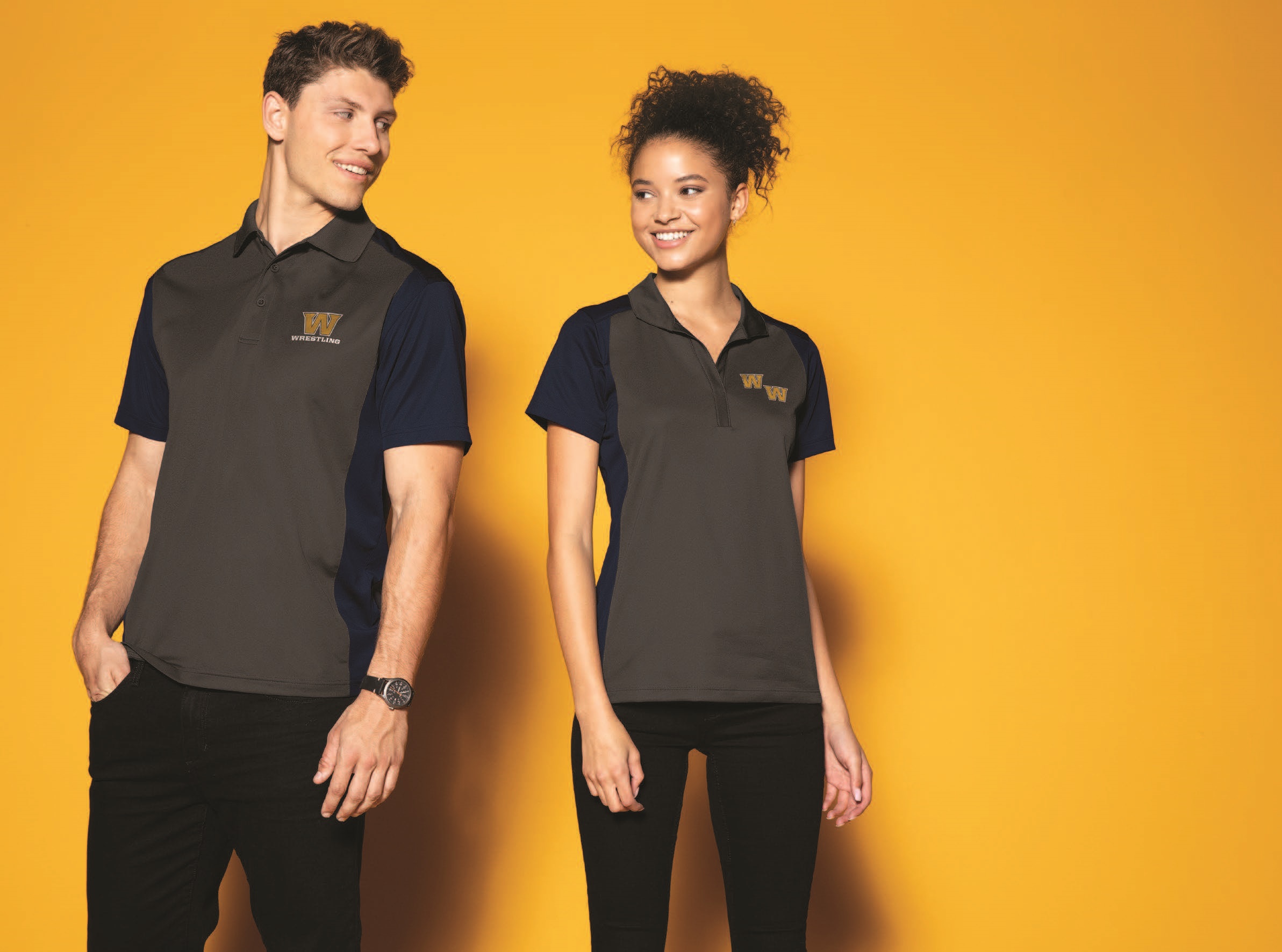Last week in Threads, we highlighted how exciting printing on apparel was when it first came out. Fortunately and unfortunately, that is no longer the case. Branding apparel has reached a new level: It so common it is no longer revolutionary, but this notoriety also brings opposition. Specifically opposition from those who seem programmed to push back from the norm of the generation before: young people. Whatever you want to call current 18 to 29 year-olds (Generation Y, millennials, hipsters), their buying decisions are shading the shopping trends of the United States. Marketing efforts have already been tweaked to appeal to tech-happy people, but how do you target those no longer interested in branding?
CNN reported that many millennials are replacing branded wear with second-hand or homemade gear that they can trade on sites like Etsy and Copious. They are using social media and sharing sites to make every dollar count and to create what CNN dubbed a “personalized shopping experience.” Emanuella Grinberg put it perfectly: “By creating personalized shopping experiences around themselves, millennials are upending the traditional consumer-brand hierarchy, leaving brands and retailers scrambling to reclaim their influence.”
The fashion industry is already a victim of “personalized shopping” as personal style blogs trump trend-forecasting magazines and websites. And now, the influence of Generation Y shopping trends extends beyond retail. Even if your programs do not target college kids, many millennials are in charge of company marketing efforts so their buying habits impact you. Here are three things to pay attention to when selling to millennials (none of which involve social media):
1. Social Responsibility
Grinberg noted that millennials are not giving up on brands altogether, but they are paying attention to social and cultural responsibility. Brands and shopping platforms that donate to causes (like Toms) or aid struggling artists (like Etsy) are more likely to be popular than a brand with just a recognizable name.
2. Customer Service
Say goodbye to the unmanned general company email account. Millennials (and most others now reliant on the Internet) want customer service via email, and fast. The promotional products industry already prides itself on customer service, so keep up that service and make sure it is web- and phone-based.
3. Face Time
Online marketing is important. Online sales are as well, but not as much as you think. CNN noted only 29 percent of millennials actually buy online. Tight economic times mean they want to see and feel a product before they purchase it to make sure it is worth the expense. Keep this in mind when you sell to a large company with a millennial making the buying decisions. The need for face-time with garments and products will impact their purchases.



